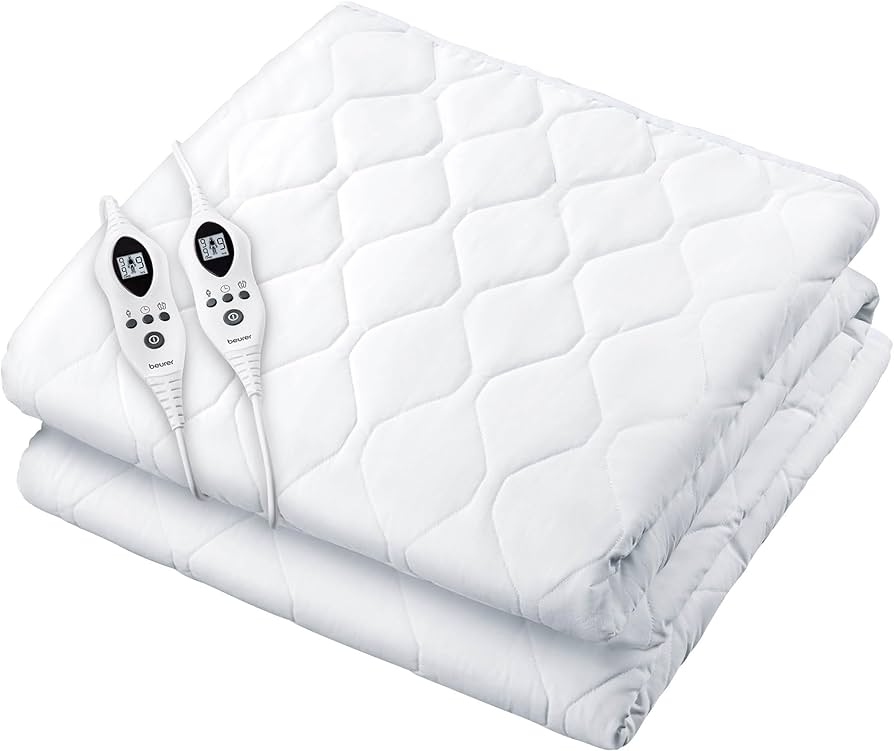When a car overheats and shuts off, it can be alarming. This situation signals a serious problem.
Understanding the reasons behind it is crucial for any car owner. Car engines generate a lot of heat. Normally, the cooling system keeps this heat in check. But when it fails, the engine temperature rises fast. Overheating can lead to severe damage if not addressed.
The engine might shut down to prevent further harm. This is a protective measure. Knowing what causes overheating and how to react can save your engine. This article will explore the common reasons and solutions. Stay informed to keep your car running smoothly.
Causes Of Car Overheating
The cooling system keeps the engine cool. Failure of this system leads to overheating. Leaking hoses or broken water pump can cause the system to fail. Regular checks can prevent this issue.
Coolant helps to regulate engine temperature. Low levels of coolant can cause overheating. This happens when there is a leak or insufficient coolant added. Check coolant levels regularly to avoid this.
A blocked radiator cannot cool the engine. Debris or dirt can block it. Cleaning the radiator can prevent overheating. Ensure it is free of blockages for proper functioning.
Signs Of Overheating
The temperature gauge rising is a key sign. It shows the engine is getting too hot. Pay attention to this warning. It can save your engine. If it reaches the red zone, pull over and stop.
Steam from under the hood is a major sign. It means the coolant is boiling. This is very dangerous. Pull over immediately. Turn off the engine. Let the car cool down.
Strange smells can also be a sign. Sweet smells mean coolant is leaking. Burnt rubber smell means belts are overheating. Pay attention to these odors. They can warn you before bigger problems.
Immediate Actions To Take
As soon as the car overheats, turn off the engine. This stops further damage to the car. Let the engine cool down for at least 15 minutes. Keep an eye on the temperature gauge.
After the engine cools, open the hood. Be careful. Steam or hot water may escape. Protect your hands and face. Let the engine cool more if it’s still hot.
Once the engine is cool, check the coolant level. The coolant tank is usually clear. Look for the “max” and “min” lines. Add coolant if it’s low. If you don’t have coolant, use water as a temporary fix.

Credit: www.homedepot.com
Long-term Consequences
Overheating can cause serious engine damage. The engine parts can get too hot. This makes them weak. They may not work well again. Sometimes, the engine may stop working at all.
When a car overheats, it can lead to warped cylinder heads. The heat can change their shape. This affects the engine’s performance. It can cause leaks and other issues.
An overheated car might have a blown head gasket. This is a serious problem. It can lead to oil and coolant mixing. The engine can get damaged even more. Fixing a blown head gasket is costly.
Preventive Measures
Regular maintenance keeps your car in good shape. Always follow the manufacturer’s schedule. This includes oil changes, tire rotations, and other essential tasks. Regular checks can prevent big problems.
Coolant prevents your engine from getting too hot. Always check the coolant level before long drives. Low coolant can cause your car to overheat. Use the right type of coolant for your car. Keep an extra bottle in your trunk.
A radiator flush removes old coolant and dirt. This keeps your car running cool. Do a radiator flush every two years. Follow your car’s manual for the right steps. Clean radiators work better and prevent overheating.
Emergency Tools To Carry
A coolant jug is important for your car. If your car overheats, you can refill the coolant. This helps cool down the engine. It prevents damage. Always keep a full jug in your car.
Radiator stop leak can fix small leaks. It is a quick solution. Just pour it into the radiator. It seals tiny holes. This can save you from major repairs. Always carry it with you.
A thermometer helps you check the engine’s temperature. It tells you if the engine is too hot. You can avoid damage by stopping the car. A thermometer is a handy tool. Keep one in your car.
When To Call For Help
Car overheats and shuts off? Steam under the hood, strange smells, and engine noise can signal serious trouble. Call for help immediately to prevent further damage.
Persistent Overheating
If your car keeps overheating, it is a big problem. This can cause severe engine damage. You should not ignore it. Call for help right away.
Visible Leaks
Check under your car. Look for leaks. Coolant leaks mean trouble. Leaks can cause the car to overheat. Call a professional if you see leaks.
Engine Won’t Start
If the car shuts off and won’t start, it needs help. This could mean engine damage. Do not try to fix it yourself. Call for help.

Credit: www.reddit.com
Professional Repair Options
A mechanic will check your car. They look for leaks and broken parts. The engine needs this check to find the problem.
The coolant system might need a repair. This system keeps the engine cool. It stops the car from overheating. Sometimes, it needs new parts.
The radiator helps cool the engine. If it is broken, it needs a replacement. This part is very important. Without it, the car will overheat again.

Credit: www.amazon.com
Frequently Asked Questions
What To Do If Your Car Overheats And Turns Off?
Pull over safely and turn off the engine. Let the car cool for 15-30 minutes. Check coolant levels and top up if necessary. Seek professional help if the problem persists.
Can An Engine Be Saved After Overheating?
Yes, an engine can be saved after overheating. Immediate action is crucial. Stop driving, let it cool, and check coolant levels. Seek professional help to assess and repair potential damage.
How Do I Know If My Engine Is Damaged From Overheating?
Check for engine warning lights, strange noises, steam or smoke, loss of power, and coolant leaks. Consult a mechanic.
Can A Car Recover From Overheating?
Yes, a car can recover from overheating. Address the cause, cool down the engine, and seek professional repair.
Conclusion
An overheating car is a serious issue. Immediate action is crucial. Ignoring it can damage your engine. Regular maintenance helps prevent overheating. Check coolant levels often. Replace old parts promptly. Watch for warning signs. Steam from the hood, strange smells, or temperature gauge spikes.
Stay alert and safe. Protect your car’s health. Save money and avoid stress.

